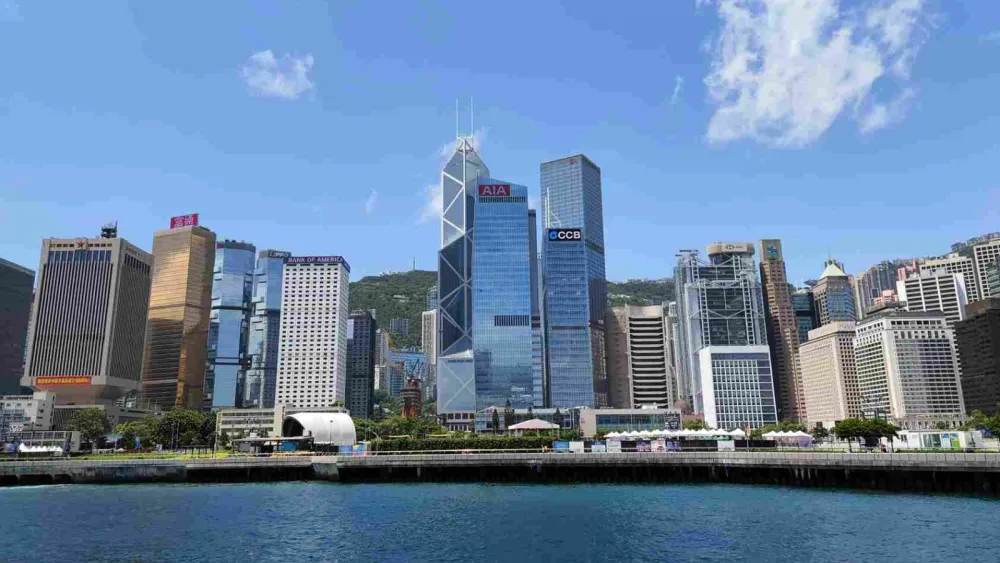
Hong Kong's office landlords resilient amidst tough market conditions: report
S&P believes office landlords will still have relatively low gearing even if fair value drops by another 30%.
Amidst challenges like high vacancies and falling asset values, Hong Kong office landlords are holding strong due to robust balance sheets and effective financial management.
According to S&P Global Ratings' recent report titled "Capping The Cap Rates: How Hong Kong Office Landlords Are Managing," the office market in the city is facing pressure from weakened capital-market activities and decreased leasing demand from mainland China corporations.
Projections suggest a further 5% decline in grade-A office rents this year, following a 6% drop in 2023. Whilst office rents and occupancies struggle, rising interest rates are exacerbating pressure on cap rates, impacting office valuations.
The report also revealed that hybrid working is less prevalent in Hong Kong compared to other major cities like the US and Europe.
"We think most office landlords would still have relatively low gearing even in a remote scenario where fair value dropped by another 30%," said S&P Global Ratings Credit Analyst Ricky Tsang.
Hong Kong office landlords have built up financial reserves during the previous period of robust conditions, with average gearing levels below 30%, compared to 40% for global peers, the report noted. Rated landlords maintain gearing as low as 10% to 20%, often owning prime land locations, providing partial insulation through a "flight to quality" by tenants.
Weaker players, however, particularly those in non-core locations, are experiencing challenges as tenants migrate to higher-quality areas, leading to vacancies as high as 50% and valuation markdowns.
Moreover, the report cited the importance of adopting green requirements to attract tenants but warned that broader end-demand revival is necessary to sustain resilience in the sector.



















 Advertise
Advertise







